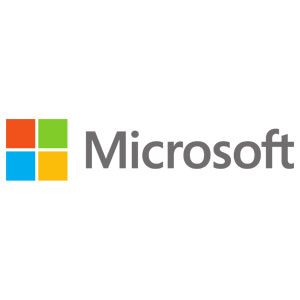Description
Audience Profile
This course is primarily intended for existing IT professionals who have some AD DS knowledge and experience and who aim to develop knowledge about identity and access technologies in Windows Server 2016. This would typically include:
AD DS administrators who are looking to train in identity and access technologies with Windows Server 2012 or Windows Server 2016.
System or infrastructure administrators with general AD DS experience and knowledge who are looking to cross-train in core and advanced identity and access technologies in Windows Server 2012 or Windows Server 2016.
The secondary audience for this course includes IT professionals who are looking to consolidate their knowledge about AD DS and related technologies, in addition to IT professionals who want to prepare for the 70-742 exam.
At Course Completion
After completing this course, students will be able to:
- Install and configure domain controllers
- Manage objects in AD DS by using graphical tools and Windows PowerShell
- Implement AD DS in complex environments
- Implement AD DS sites, and configure and manage replication
- Implement and manage Group Policy Objects (GPOs)
- Manage user settings by using GPOs
- Secure AD DS and user accounts
- Implement and manage a certificate authority (CA) hierarchy with AD CS
- Deploy and manage certificates
- Implement and administer AD FS
- Implement and administer Active Directory Rights Management Services (AD RMS)
- Implement synchronization between AD DS and Azure AD
- Monitor, troubleshoot, and establish business continuity for AD DS services
Prerequisites
Before attending this course, students must have:
- Some exposure to and experience with AD DS concepts and technologies in Windows Server 2012 or Windows Server 2016
- Experience working with and configuring Windows Server 2012 or Windows Server 2016
- Experience and an understanding of core networking technologies such as IP addressing, name resolution, and Dynamic Host Configuration Protocol (DHCP)
- Experience working with and an understanding of Microsoft Hyper-V and basic server virtualization concepts
- An awareness of basic security best practices
- Hands-on working experience with Windows client operating systems such as Windows 7, Windows 8, Windows 8.1, or Windows 10
- Basic experience with the Windows PowerShell command-line interface


Reviews
There are no reviews yet.